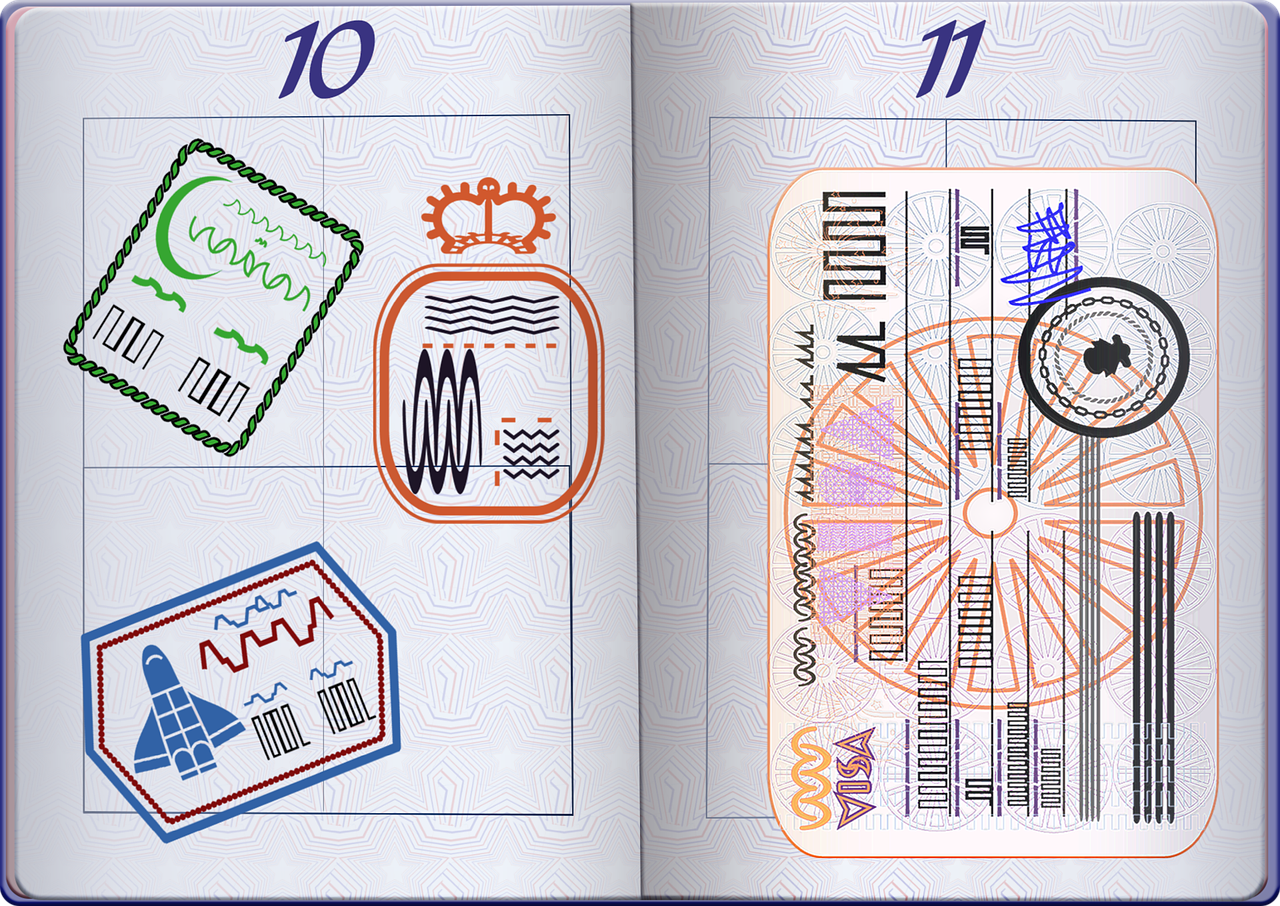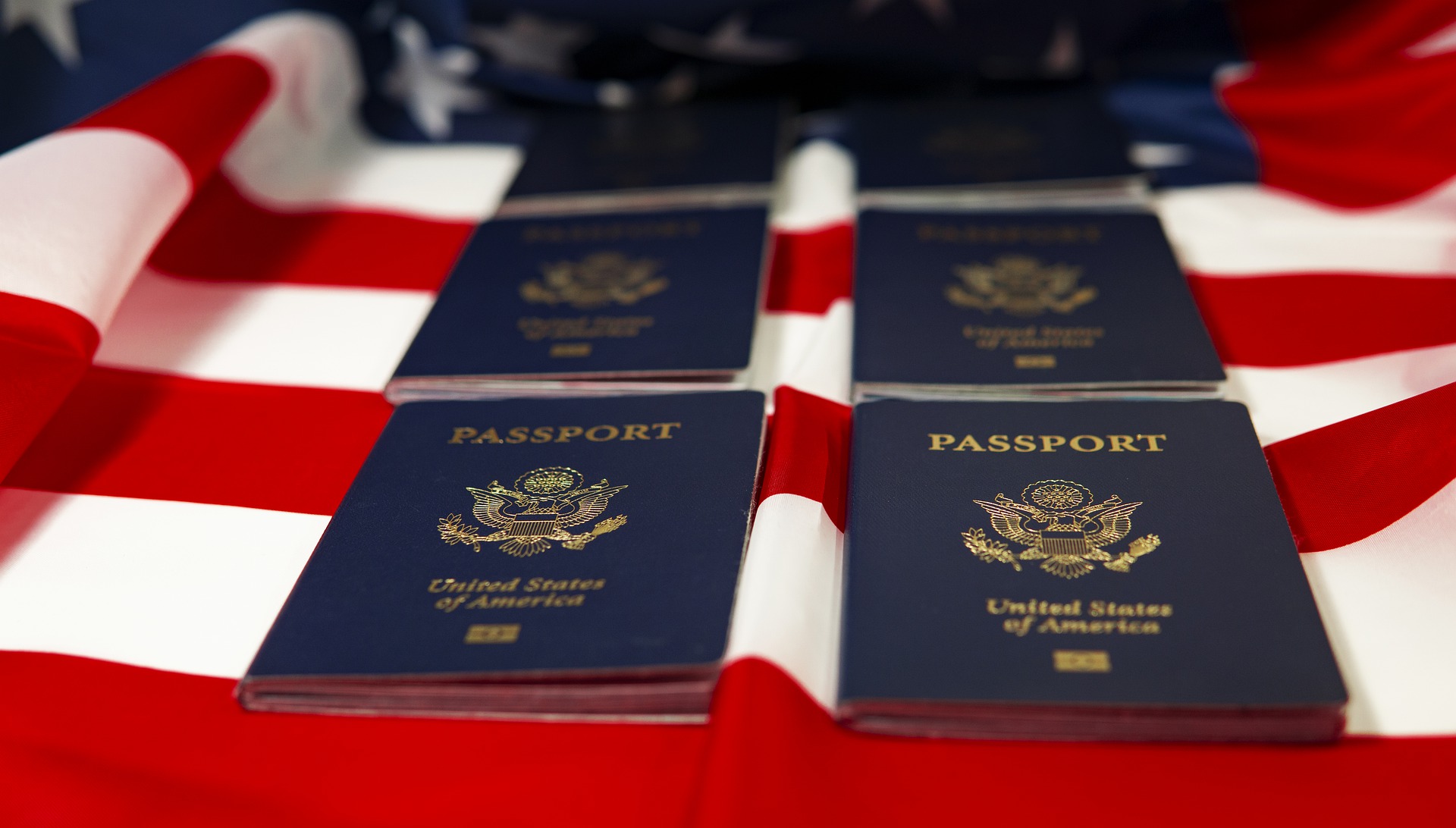We have great news for our readers regarding a recent court’s decision to temporarily halt the “public charge” rule during the Coronavirus pandemic. On Wednesday, July 29, a federal judge in the state of New York issued a ruling that blocks the government’s enforcement of the “public charge” rule on non-citizens seeking permanent residency in the United States, and nonimmigrant visa applicants alike, for as long as the coronavirus pandemic remains a public health emergency. The ruling was made in response to a federal lawsuit filed by several states against the government entitled, U.S. District Court for the Southern District of New York (SDNY) in State of New York, et al. v. DHS, et al. and Make the Road NY et al. v. Cuccinelli, et al.
What does this mean for visa and adjustment of status applicants?
Federal Judge George Daniels has approved a nationwide injunction, immediately stopping the government from “enforcing, applying, implementing, or treating,” as effective the “public charge” rule for any period during which there is a declared national health emergency in response to the COVID-19 outbreak.
This means that effective June 29th both consular officers and USCIS immigration officials cannot enforce any part of the “public charge” rule for as long as the injunction remains and place, and a national public health emergency exists.
Why did the judge make this ruling?
The judge agreed with the states of New York, Connecticut, and Vermont that the “public charge” rule would cause irreparable harm on non-citizens seeking entry to the United States because the rule discourages such individuals from obtaining the necessary treatment and care needed during the Coronavirus pandemic. The judge considered the “substantial harm” the public would suffer if the government continued to enforce the “public charge” rule and found that the temporarily injunction was necessary to allow non-citizens to obtain much needed public benefits for preservation of the public’s health and safety.
In defense of his opinion, the judge stated, “no person should hesitate to seek medical care, nor should they endure punishment or penalty if they seek temporary financial aid as a result of the pandemic’s impact.”
The judge further stated in his ruling that the continued application of the “public charge” rule during the global pandemic, “would only contribute to the spread of COVID-19 in our communities.”
 Visa Lawyer Blog
Visa Lawyer Blog











